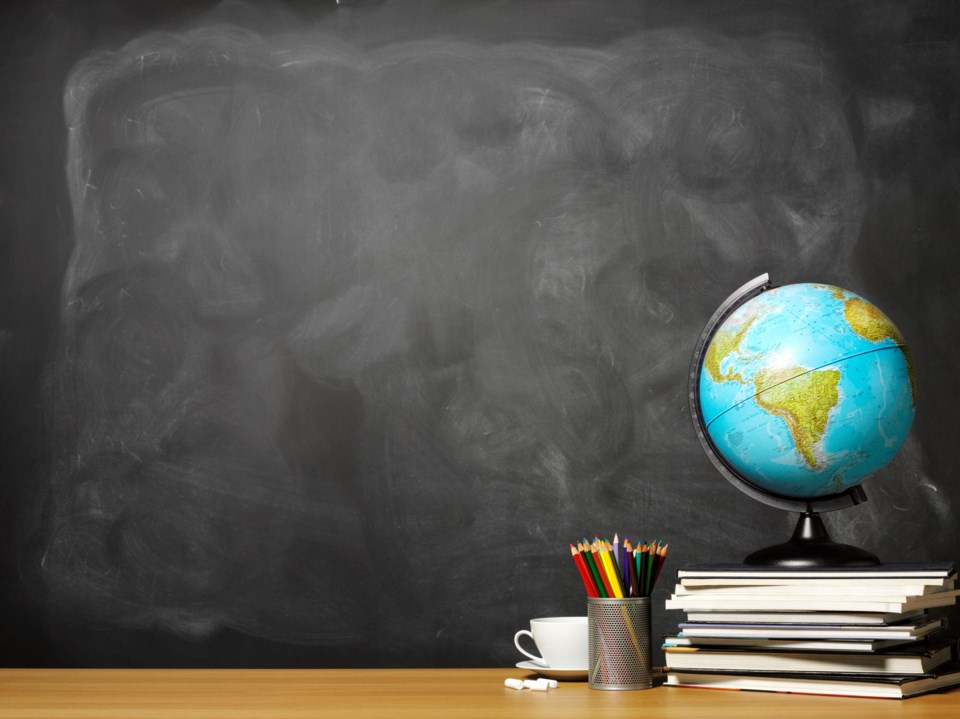The saddest but most common question many ask a human being they have just met is “what do you do?”
As if their job defines their very existence, as if it’s the only thing of value in their life, as if nothing else matters and everything else is worthless.
Most people in most parts of the world are more polite and more curious about meeting someone new. Instead, they ask “where are you from?” because it’s not only respectful, but also a question in search of a connection with the other person. Closer to home, Indigenous Canadians and immigrants more often ask this question right off the top because they understand that our connection to place defines us as individuals and this modern concept of global citizenry is an illusion.
Where is home?
Not where you live.
That’s a question about current status and wealth. Value judgments are made based on the answer of whether you live in the VLA or in University Heights in Prince George, for example, but it offers as little relevant information as asking what you do.
Where is home? Where are your people? Where are your kin? Where do you belong? If you want to be buried or have your ashes scattered, where is that and why?
Honest answers are important because no matter how far we travel, we all carry home with us.
Except for First Nations peoples, Canada is a nation of immigrants, but we look at what that means incorrectly. If you are a settler, chances are your ancestors didn’t come to Canada seeking opportunity. That’s a self-centred, modern and mistaken way to look at immigration. The majority of colonial settlers of Australia and North America came from Europe fleeing persecution, famine, poverty and war. They ran away from home out of necessity, no different than the people of Ukraine, Syria and Afghanistan today.
If people have all they need in their home communities, why risk it all for an uncertain future in an uncertain place? Very few people in the world leave home if they don’t have to, even today, and if they do, they eventually return.
Leaving friends and family behind to pursue further education, career opportunities, fame and fortune in a place no one know you is a modern invention based on wealth and the mobility it offers. That opportunity to do so – and the safety net to come home if it doesn’t work out – used to belong only to the rich but trickled down to the professional class.
The poor and the working class have no such luxury, regardless of where they live in the world. To feed themselves and their families, they stay in place if the work is there and move with the jobs, increasingly to urban centres where it is more expensive to live, driving already impoverished families into a deeper hole. But even that is a better option than having to run for their lives from a fast-moving crisis – war, natural disaster – or a slower-moving but no less deadly problem, such as famine and oppression.
Fleeing home still happens here in Canada all the time, especially among young people and women, desperate to escape family physical, sexual and emotional violence, trauma, addiction, mental and physical health issues, lack of reliable, healthy food and brutal poverty. Sadly, they too often flee to new circumstances the same or worse than the ones left behind. Home comes with them.
Once uprooted, people young and old, regardless of race, culture, religion, class or status change from “home is where the heart is” to “home is where my heart (and my stuff) is.”
Even for the fortunate ones who build a meaningful, stable life with peace and financial security in their new home, there is a sense of loss. Regardless of how long people have been away, even if it’s been generations and there is no direct memory to home, there is a longing among most immigrants to visit the homeland. For settlers who identify first as Canadians, once they learn their heritage, they start longing to visit the land of their ancestors, whether that’s in another part of Canada as well as another country.
A surge of pride and belonging happens when people rediscover home, when they visit towns and communities where their ancestors can be found in cemeteries or in statues in public places or even if the actual community shares their name.
Asking “where are you from?” is a more thoughtful and conversation-friendly way to ask a newly met stranger “who are you?”
Most of the time, nobody remembers when the small talk with a casual stranger is centred around “what do you do?” Often, something special happens when you ask someone new “where are you from?”
“You’re from Toronto? Do you know my cousin Paul?”
“You’re from Prince George? I’ve got an Aunt Lisa there. Do you know her?”
Whether you do or not, the question leads to other questions and the world – and the spaces between each of us forged by all our differences, real or exaggerated – suddenly gets much smaller.
Neil Godbout is the editor-in-chief of The Prince George Citizen. He's from Northern Alberta and the Northwest Territories. His maternal and paternal ancestors are from Quebec and from the Normandy region of northern France.


